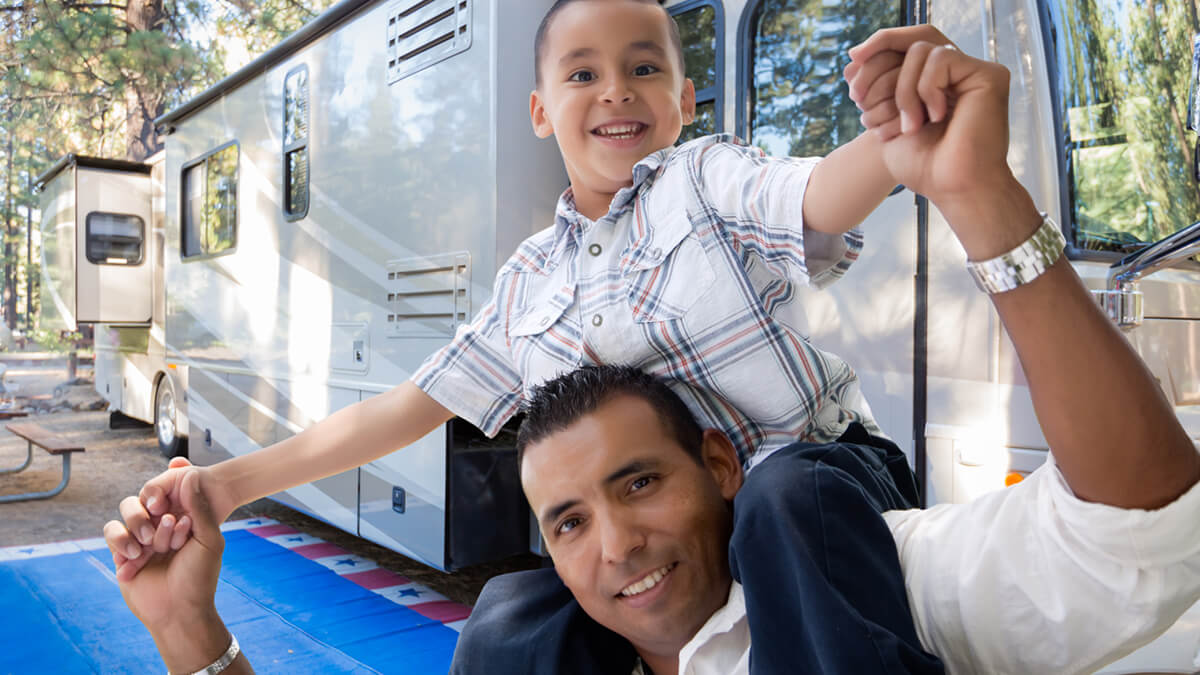Families hold an important place in our lives. But the days when the homogenous world of Leave It to Beaver represented the typical American family are long gone. Nowadays, American families are more complex and more diverse. If you work in family counseling—or simply want to help families thrive—understanding the many different ways families come together is essential to helping keep modern families strong. Here’s what you need to know about how families are changing:
Fewer Families Include Two Parents in Their First Marriage
In 1960, 73% of all American families included two parents who were both in their first marriage; by 2014, this number had sunk to 46%.1 The remaining families are made up of single-parent households (26%), two-parent households with parents in a remarriage (15%), cohabiting parent households (7%), and no-parent households (5%).
American Families Are Less White
America is becoming more diverse. The percentage of American households that identify as white has fallen from 89% of households in 1970 to 79% of households today.2
American Families Are Smaller
Americans are having fewer children and more Americans are living alone, which has resulted in a shrinking American family. The average number of people in a household is now at 2.5, down from 3.7 in 1940, with only 9% of modern households including five or more people, down from 23% of households in 1960.2 Meanwhile, 28% of modern households are made up of a single person living alone, up from only 13% of households in 1960.
Americans Are Marrying Older or Not Marrying at All
The average American man first marries at the age of 29.5, while the average woman first marries at 27.4, up from 23.7 for men and 20.5 for women in 1947.2 But getting married later isn’t the only way Americans’ marital choices are changing family dynamics. Currently, 32% of all American adults have never been married at all, up from 23% in 1950, with 8% of parents cohabitating with their children but remaining unmarried.2
Single-Fathers Are On the Rise
In 2017, 16.1% of children living with one parent lived with their father, up from 12.5% in 2007.2
Race and Education Still Play a Role in Family Makeup
Only 38% of African-American children in the U.S. are growing up in two-parent households.1 The number is 66% for Hispanic children, 78% for white children, and 84% for Asian children. Disparities also exist along the lines of educational attainment. Among children who have at least one parent with a bachelor’s degree, 88% live in a two-parent household, while only 55% children with parents lacking a high school diploma live in a two-parent household.1
How to Become a Counselor Who Can Help Modern Families
Regardless of a family’s makeup, every family deserves a chance to thrive. If you want to help families remain strong, you should consider earning a mental health counseling degree. Specifically, an MS in Clinical Mental Health Counseling can help you build the skills necessary to diagnose mental and emotional disorders and resolve marriage and family conflicts related to divorce, child-rearing, school issues, and more.
If you’re concerned you don’t have the time to complete an MS in Clinical Mental Health Counseling program, online education can provide the opportunities you need. Unlike a campus-based master’s in a marriage program, an online master’s program gives you the flexibility you need to earn an online counseling degree while managing your other family and work commitments. With an online degree program, you can complete your coursework from home and on a schedule that lets you attend class at whatever time of day works best for you.
The modern family is changing, but strong families remain vital. Thanks to online learning, you can earn your MS degree and gain the skills needed to help families and couples overcome the issues they face.
Walden University is an accredited institution offering an MS in Clinical Mental Health Counseling degree program online. Expand your career options and earn your degree in a convenient, flexible format that fits your busy life.
1Source: www.pewsocialtrends.org/2015/12/17/1-the-american-family-today
2Source: www.census.gov/newsroom/press-releases/2017/living-arrangements.html
Walden University is accredited by The Higher Learning Commission, www.hlcommission.org.




